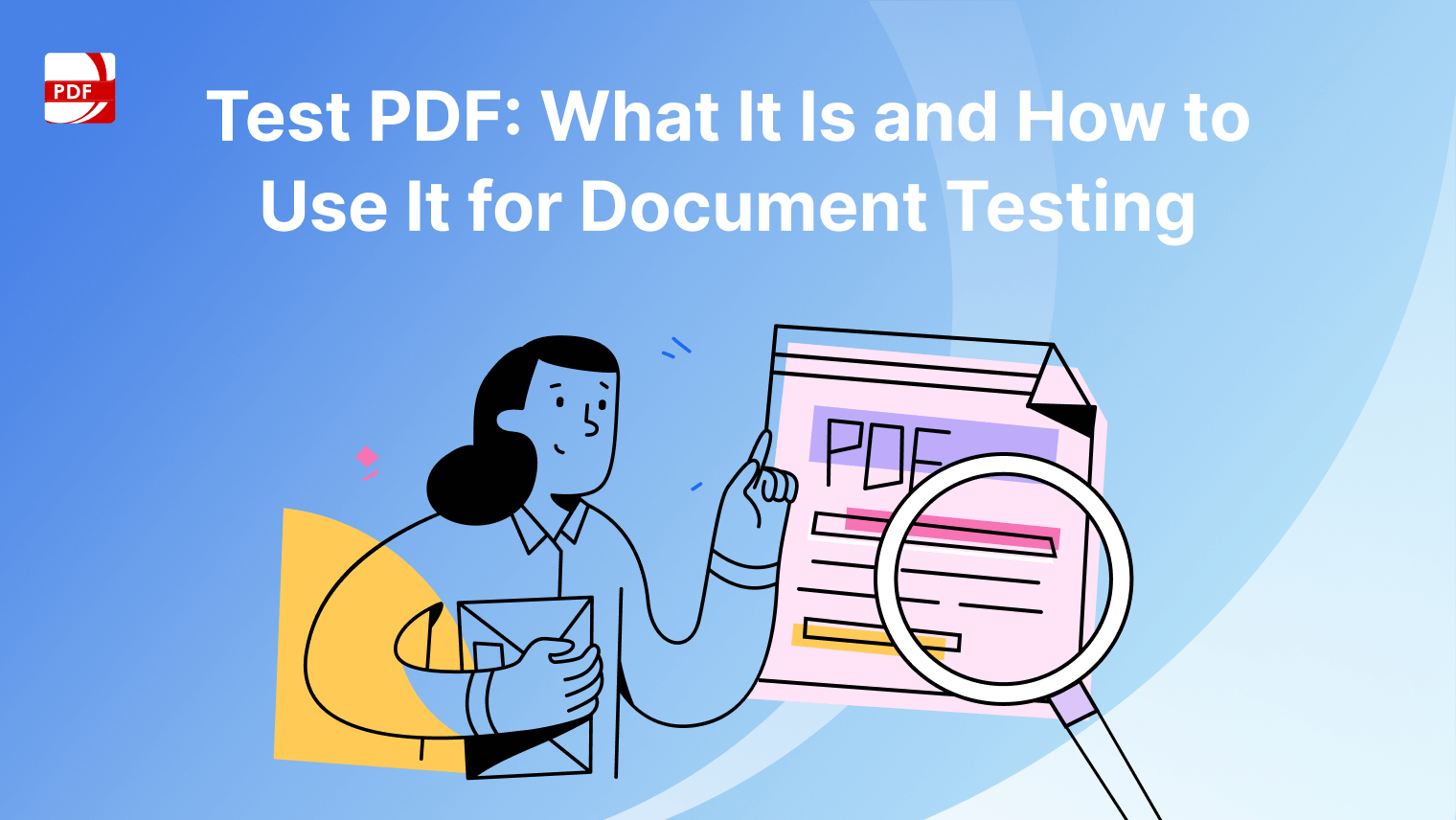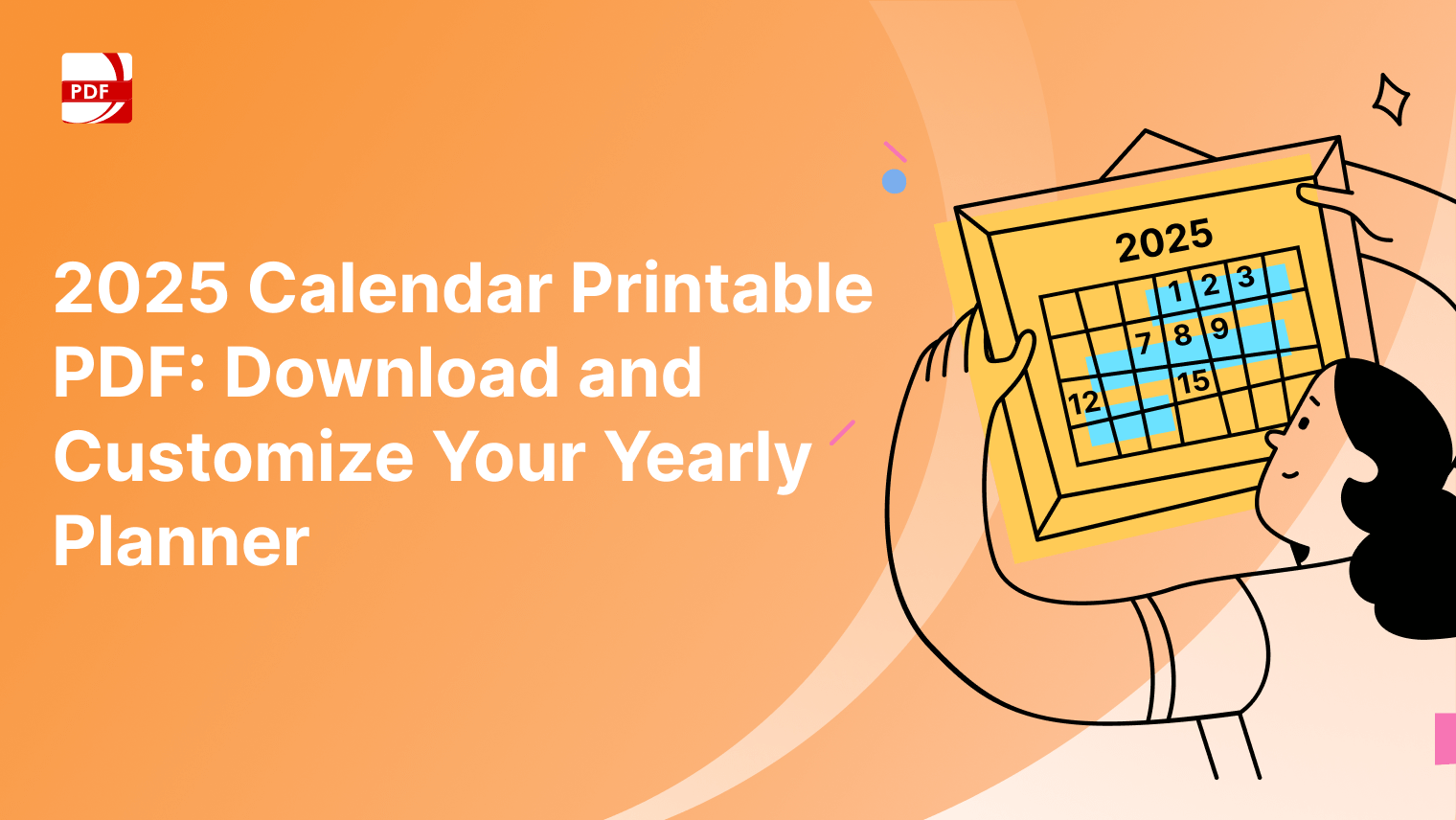
Image source: Wikipedia
- Book Title: Brave New World
- Author:
Aldous Leonard Huxley
- Year Published: 1932. Please note: As Brave New World was recently released, its copyright must expire before a legal and free PDF version is available.
- Goodreads Rating: 4/5
- Availability: Buy the PDF from Google Play Books.
After you have purchased Brave New World, follow these instructions to download it from Google Play Books in PDF format:
1. Click on the "Books" tab at the top of your screen.
2. Click on the "Your Library" link beneath that.
3. Find your book and click the icon with three dots beneath the cover image.
4. Select "Export" and then "Export as PDF".
How to Read Brave New World PDF
"Brave New World" is a classic novel that explores complex topics like society, technology, and human nature. PDF Reader Pro allows easy access to the text and features like highlighting, note-taking, and bookmarking to enhance reading.
The book challenges readers to think critically about issues like technology's impact on society, happiness, and government's role. Reading digitally allows freedom to read at your pace, search for information, and access supplementary materials.
Reading "Brave New World" through PDF Reader Pro offers a captivating exploration of timeless themes.
Our Review of Brave New World
"Brave New World" by Aldous Huxley is a seminal work in the dystopian genre that offers a chilling exploration of a future where societal control and technological advancement have been pushed to their extremes. Written in 1932, the novel presents a vision of a society that has achieved apparent peace and stability through strict governmental control, the suppression of individual freedoms, and the application of technology in profoundly invasive ways.
The narrative unfolds in a world where human beings are genetically engineered and conditioned for their roles in society, effectively eliminating the concept of personal identity and freedom of choice. Huxley introduces readers to a range of characters who embody or challenge the norms of this society, from the perfectly content Lenina Crowne to the deeply conflicted Bernard Marx, and the Savage, John, who has grown up outside the confines of this controlled world.
Huxley's masterful storytelling provokes reflection on the ethical implications of such a society. He delves into themes like the use of technology to manipulate human behavior, the commodification of human emotions, and the trade-off between individual liberty and societal stability. These themes are not just relevant to the era in which Huxley wrote but continue to resonate today, amid our rapidly advancing technological landscape and ongoing debates about privacy, autonomy, and government control.
"Brave New World" is particularly thought-provoking in its examination of the pursuit of happiness. The novel poses crucial questions: What happens when a society seeks to eliminate all pain and discomfort? Is true happiness possible without free will? These questions make Huxley’s work timeless and compelling, urging readers to consider the value of authentic human experiences against a backdrop of manufactured contentment.
A fun fact about "Brave New World" is that Huxley was inspired to write it partly as a parody of H.G. Wells' utopian novels, which he saw as naively optimistic about science and technology. Huxley's more skeptical approach offers a darker, but perhaps more realistic view of the potential misuse of technological advances.
The book’s enduring relevance is evident as it continues to be a fixture in discussions about the best dystopian literature. It serves as a critical mirror to our current realities, making it a valuable read for both young adults and older readers alike. Huxley's ability to craft a narrative that is both engaging and educational ensures that "Brave New World" remains a key text for anyone interested in the implications of future technologies on human society.
Overall, "Brave New World" is more than just a dystopian novel; it is a profound commentary on humanity’s quest for progress and perfection, providing insights that remain pertinent as we navigate the complexities of modern life and question the direction in which our society is headed.






 Free Download
Free Download  Free Download
Free Download






 Support Chat
Support Chat